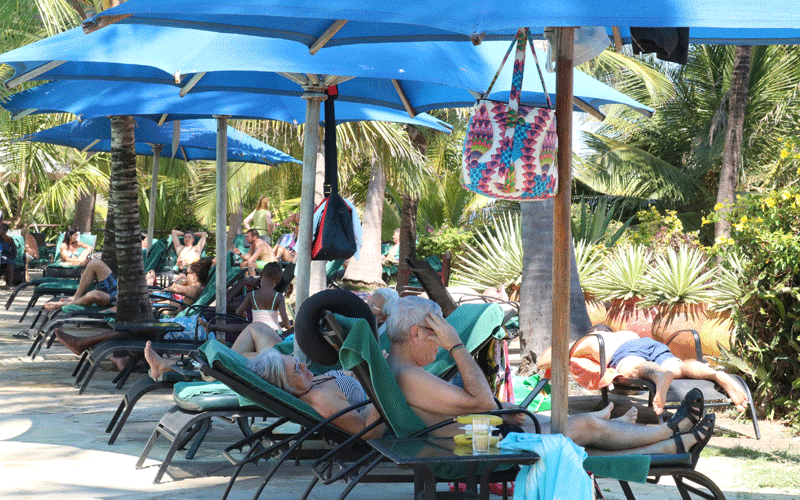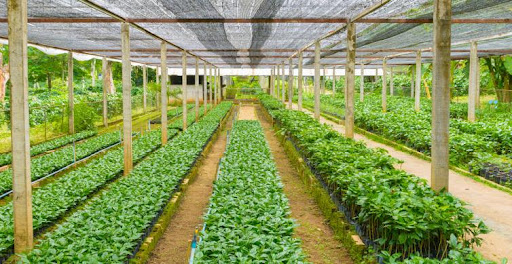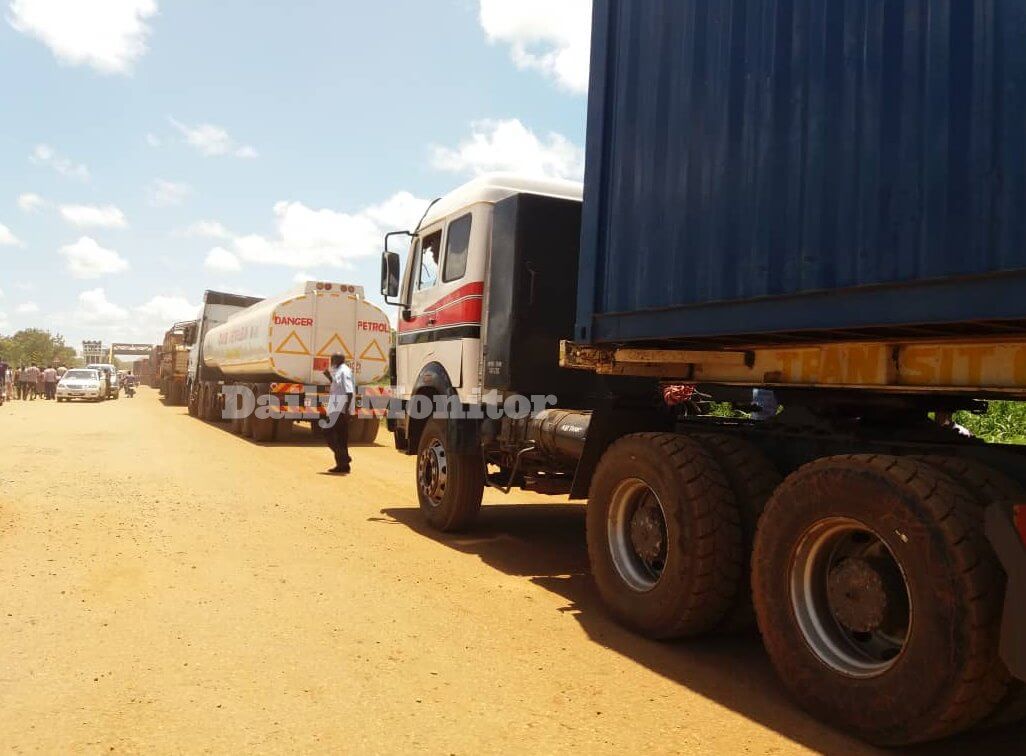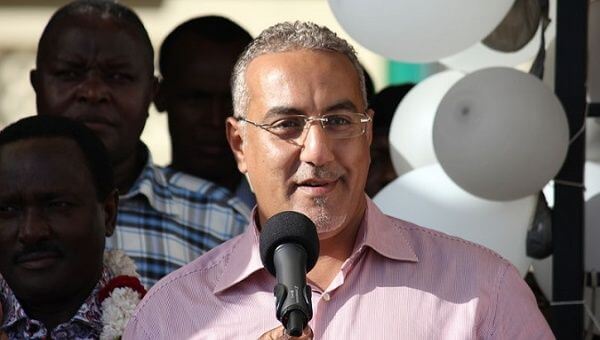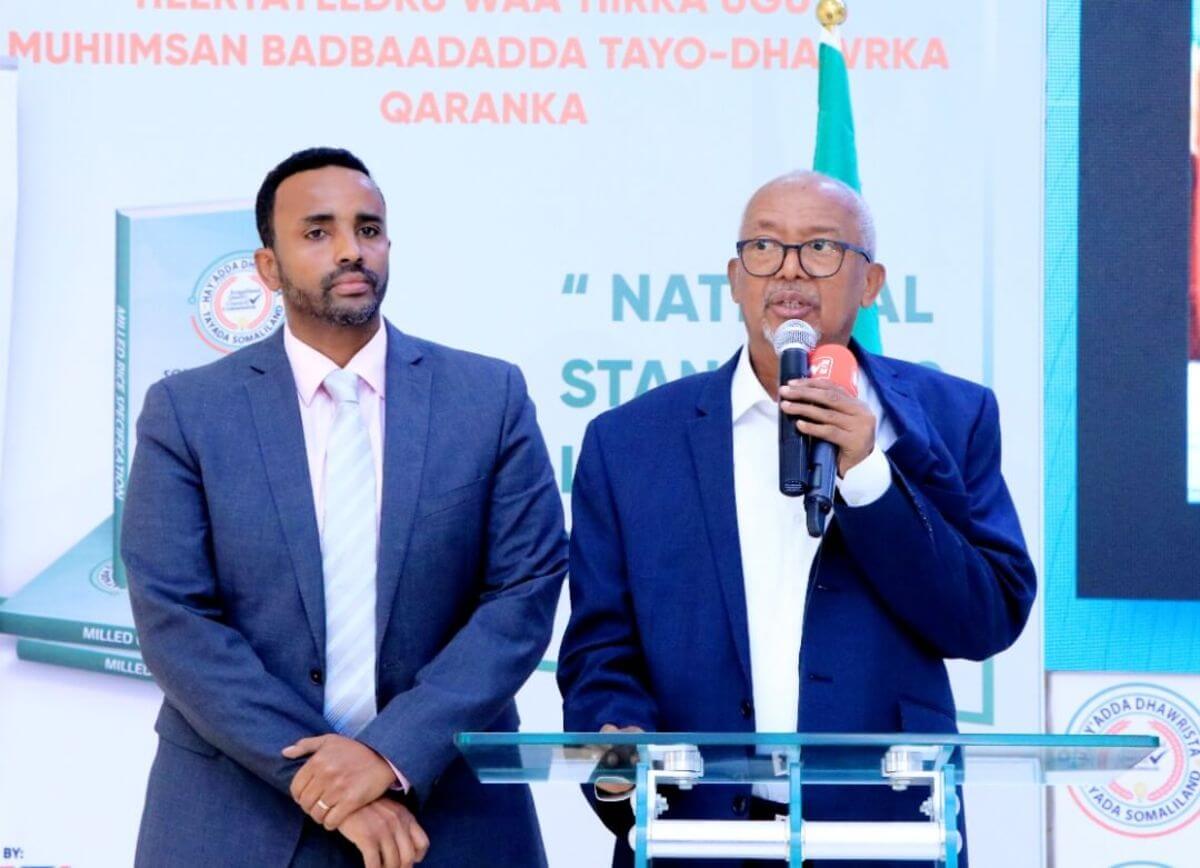Rand Merchant Bank (RMB) recently released its list of top sectors to invest in Africa. This targets investors eyeing real assets or looking to expand businesses that rely on physical infrastructure. This year’s approach included tenets of the operating environment, fiscal scores and development plans, all of which are key to attracting investments amid Covid-19. Egypt While Egypt’s economy was hard hit by the pandemic, it was also one of the first to bounce back towards growth. The country has made itself a beacon for overseas investors, compelled by favourable incentives and a large and dynamic domestic market. Investors have been attracted to Egypt’s intoxicating mix of rapid gross domestic product (GDP) growth, a strategic geographical position, a skilled labor force and, crucially, a large domestic market. Morocco The economy of Morocco continues to benefit from political stability. A special fund to combat Covid-19 was established in 2020, representing 2.7 per cent of GDP. Two-thirds of the funds were to be provided by private sources and one third by the government. Morocco’s attractiveness as the continent’s fifth-largest business market. Morocco’s rapid technological growth has also been encouraged by various government initiatives including the country’s location which also provides an opportunity for many western countries to utilize it as an opportunity to gain an investment foothold in the rest of Africa. South Africa The country offers a strong manufacturing and retail base that continues to support southern African regional economies with goods and services. South Africa has a world-class business infrastructure,...
Ten most attractive countries to invest in amid pandemic
Posted on: November 9, 2021
Posted on: November 9, 2021





